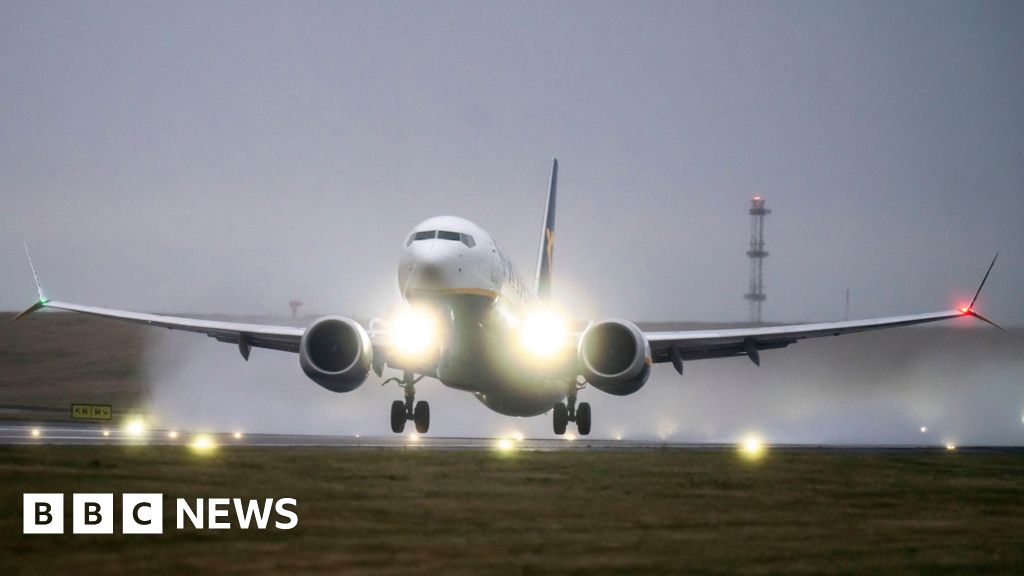There must be an expression for what might have been described as a 'volte face' before we 'left Europe'- situational speech; seeing the light; changing one's mind when 'the facts' change; maybe there's something more 'Yorkshire'?Interestingly, Rachel Reeves has reversed her opposition to the expansion of her local airport, Leeds Bradford:

Chancellor changes mind over Leeds Bradford Airport expansion - BBC News
Rachel Reeves has said she would now support any expansion, despite previously opposing the plans.www.bbc.co.uk
She must see that supporting expansion of Heathrow and being against expansion of her local airport comes across as very hypocritical.
The Chancellor really deserves to have better advisors than may have been adequate for the MP for Leeds West & Pudsey. Astra Zeneca 'a great Company ... delivering jobs and investment' on Monday, putting the knife in on Friday.
This speaks to advice on the question of subsidy at Doncaster Sheffield Airport, and generally to support, in finance and/or strategy, investment decisions and market 'interventions' aka 'subsidy'.

